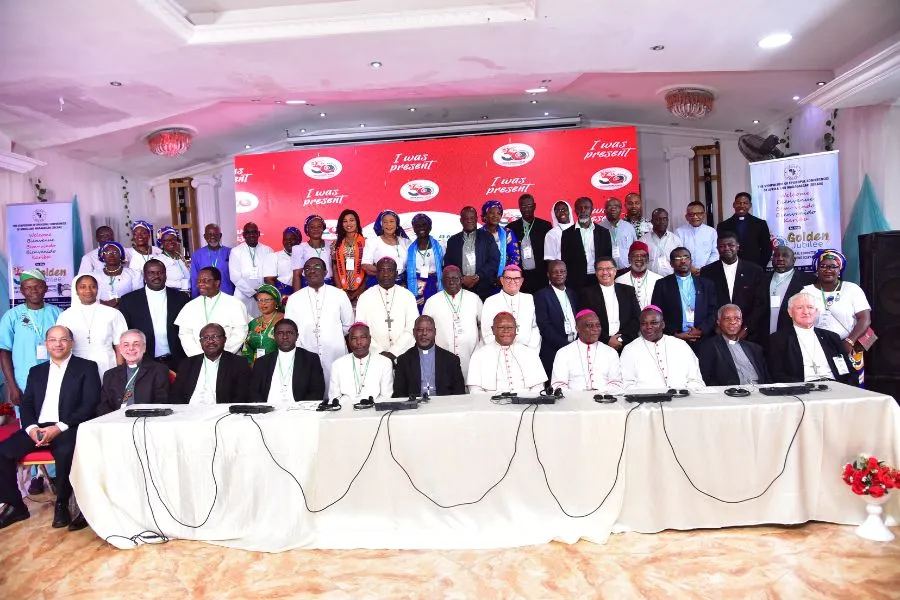Nairobi, 29 November, 2023 / 9:53 pm (ACI Africa).
Catholic Bishops in Africa have outlined issues affecting various African countries, including poverty, inter-state conflicts, as well as coups in some places, and appealed to the continent to nurture a “culture of fraternity”.
In a statement following their Standing Committee Meeting and the celebration of the Golden Jubilee of the Pan-African Episcopal Committee for Social Communications (CEPACS) in Lagos, Nigeria, members of the Symposium of Episcopal Conference of Africa and Madagascar (SECAM) also want the crisis in the sahel region to be addressed.
In the statement shared with ACI Africa Thursday, November 29, Catholic Bishops in Africa said, “Despite the concerted efforts by numerous governments to stimulate economic recovery in the aftermath of the COVID-l9 pandemic - a crisis that has indelibly impacted the Continent - poverty continues to be a pervasive challenge in many countries.”
They said presentations delivered during their Lagos meeting “shed light on the worsening conditions faced by families in vulnerable circumstances.”
“These reports underscored the significant challenges confronting young people, particularly the struggles in securing employment even after years of dedicated study and skill acquisition. This situation points to a critical need for concerted action and support in these areas,” SECAM members said.








